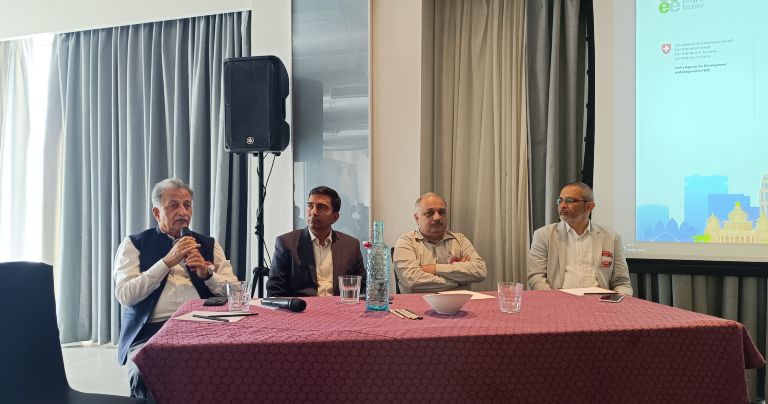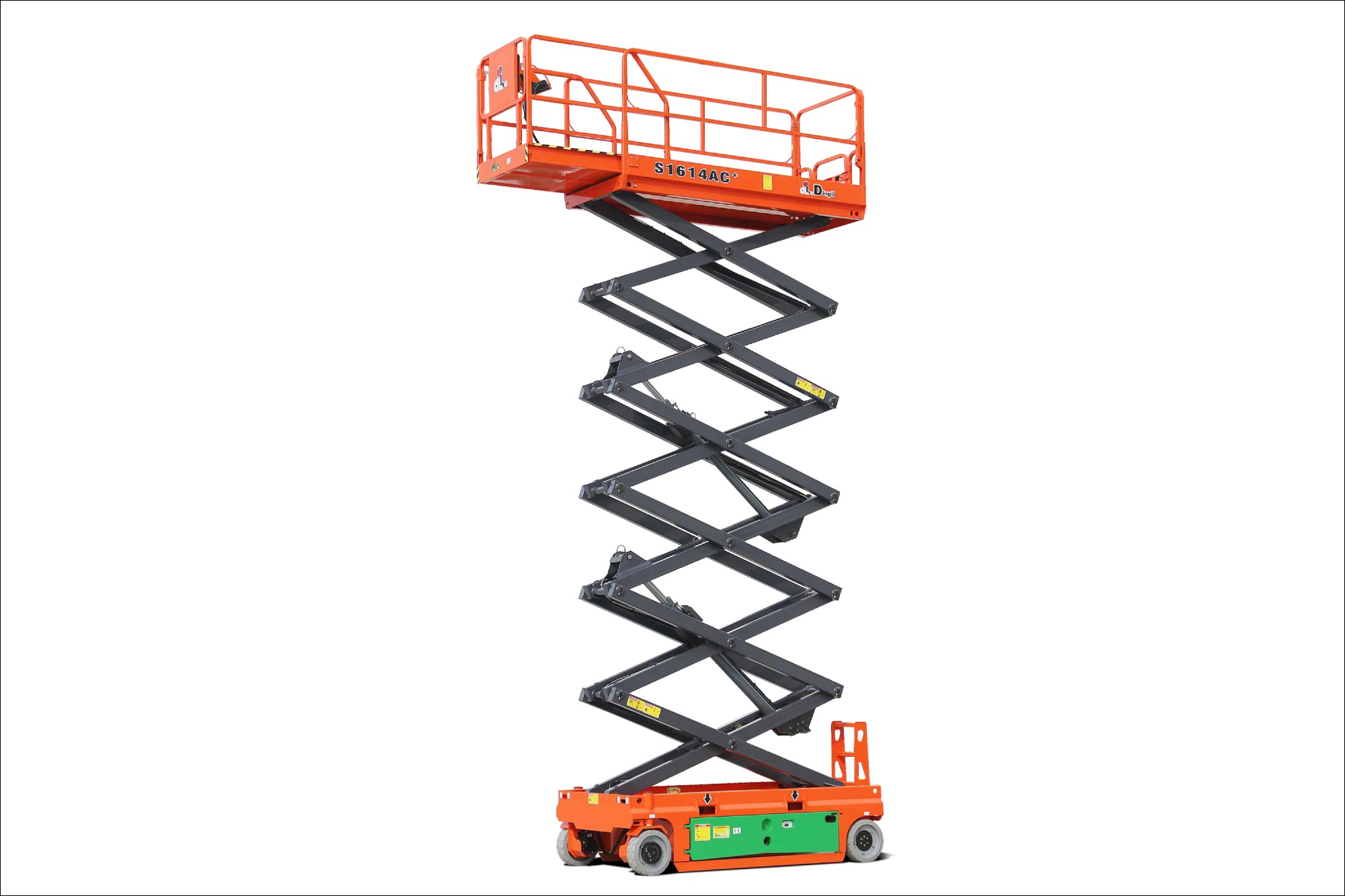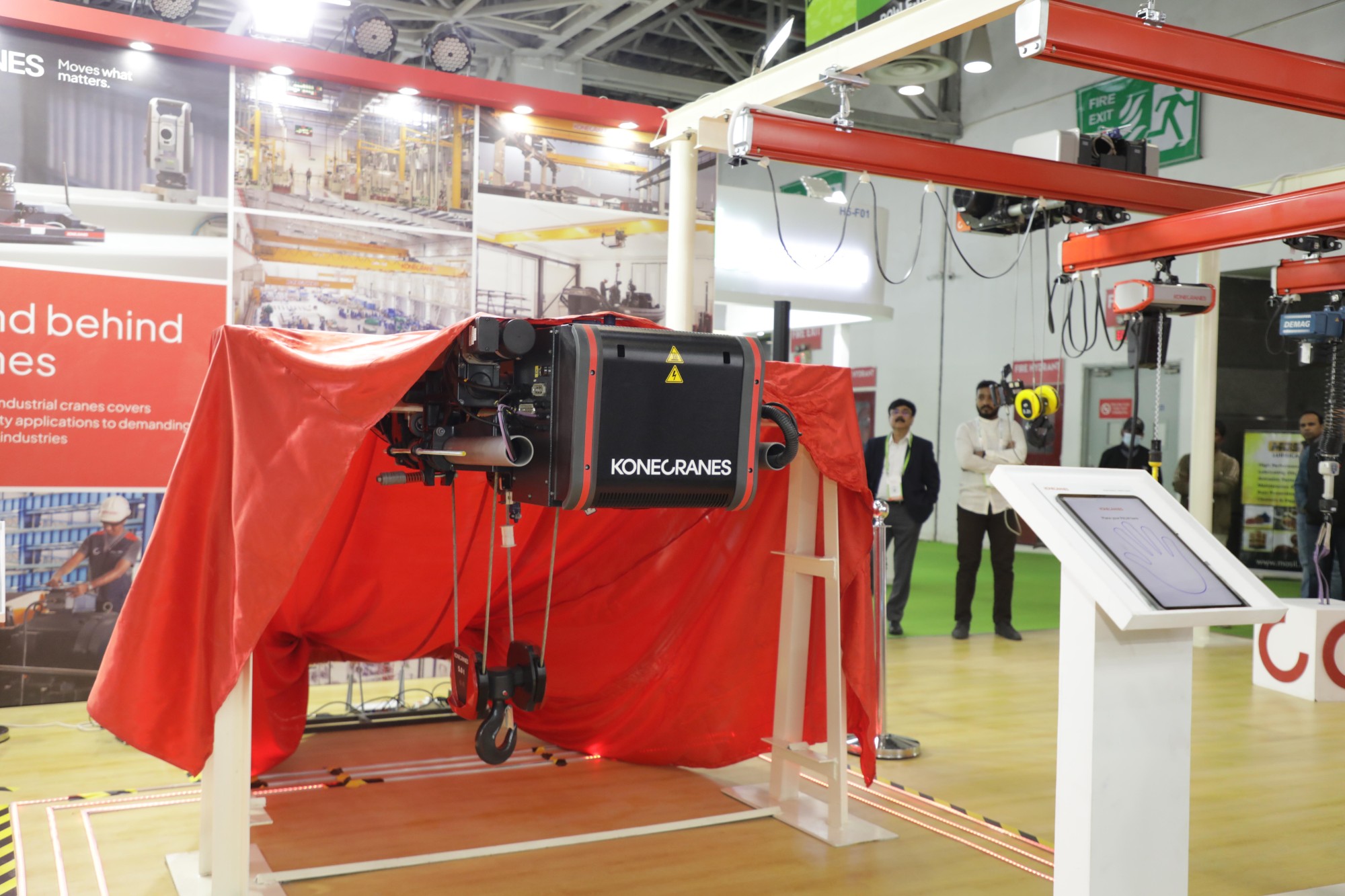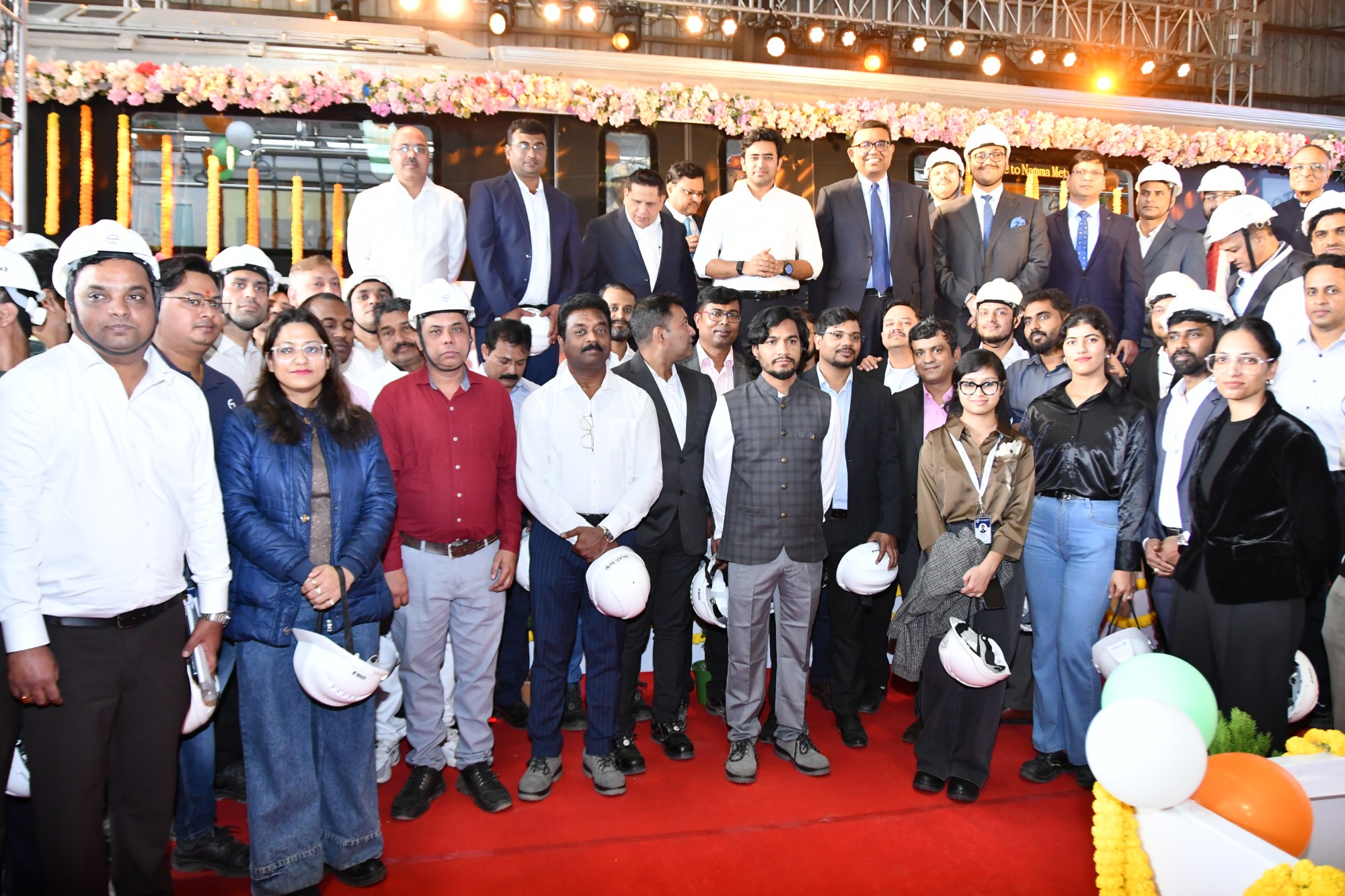India’s Building and construction industry unites for sustainable transformation
By Edit Team | September 13, 2023 4:54 pm SHARE

Stakeholders Convene to Address Environmental and Societal Challenges, Pledging Collective Action for a Low-Carbon Future
India’s building and construction industry currently works at the intersection of a diverse and fragmented value chain made of different actors with significant societal and environmental impacts. To keep their impacts in check, a Call for Action Event as part of the Decarbonisation Business Charter (DBC) a joint collaborative effort by WRI India, Alliance for an Energy-Efficient Economy (AEEE), Eco Collab and Mahindra Life space Developers was held on September 12 in Bengaluru.
By adopting a value chain approach, the Decarbonisation Business Charter is a movement bringing together stakeholders across the entire lifecycle of buildings for collective effort in fostering sustainability and achieving a more ecologically responsible building and construction industry.
The real estate sector in Bangalore, like many other urban centers, faces several sustainability challenges. These issues are driven by rapid urbanisation, population growth, and economic development in the city. The major issues are listed below:
- Waste Management: Inadequate waste management practices in construction sites and residential areas contribute to environmental pollution. As per the estimates, construction and demolition waste in Bengaluru ranges from 3,500 to 4,100 tonnes per day.
- Water Scarcity: Over-extraction of Groundwater: Bangalore heavily relies on groundwater for its water supply, and excessive extraction by real estate projects has led to declining water tables.
- With the fast-paced growth of infrastructure in Bengaluru, the city is going to consume a huge amount of natural resources which will lead to higher embodied carbon from the building sector.
The special address at the Call for Action event was delivered by Amarnath N., CEO, of Karnataka Renewable Energy Development Limited (KREDL). While the keynote address was delivered by Jonas Brunschwig, Swissnex in India, Consulate General of Switzerland, Bengaluru mentioned that this year Switzerland and India are celebrating 75 years of Indo-Swiss friendship, this cooperation will continue on strong footing and we can build over the next 75 years.
Guruprakash Sastry, Head Climate Action, INFOSYS, said, India has committed to achieving net-zero emissions by 2070, requiring coordinated efforts across all sectors. Infosys, an enterprise with a forward-thinking approach, achieved net-zero status in 2020, demonstrating that energy efficiency is economically viable. The case study delves into Infosys’s vision, strategy, and financial commitments, highlighting its successful journey toward net-zero emissions. From 2008 to 2020, Infosys was able to avoid 2.36 billion KWh through energy efficiency efforts while the company size increased 3 times during that period. Moreover, through sustainability efforts, Infosys was able to reduce its Scope 1 and Scope 2 emissions by 75percent during the period of FY2008 and FY2020. This signifies that through energy efficiency and renewable energy implementation it is possible to decouple growth from GHG emissions.
Dr. Srinivas Shroff Nagesha Rao, Consultant, UNDP, said that steel is a key ingredient in the construction of buildings. UNDP’s work in the last one and half decade in decarbonising steel production in the Mini Steel Plants in India was highlighted during the presentation. He further highlighted, “Decarbonising steel contributes to triple benefits – reducing energy bills to the producer, reducing GHG emissions and reducing local pollution. Direct rolling is a game changer in avoiding reheating of steel in steel rerolling mill – one of the significant energy consuming processes altogether.”
Commenting on the Call for action event Dr. Manjunatha L.R., Vice President – Direct Sales & Sustainability Initiatives, JSW Cement Limited said the construction industry is responsible for about 40 percent of the energy consumption, 30percent of the Greenhouse Gas emissions, and 10percent0 of the dust emission and air pollution world over. This event will really bring all the stakeholders together on a single platform to discuss, analyse, and implement actional goals to decarbonise the building industry.
Cookie Consent
We use cookies to personalize your experience. By continuing to visit this website you agree to our Terms & Conditions, Privacy Policy and Cookie Policy.







































































